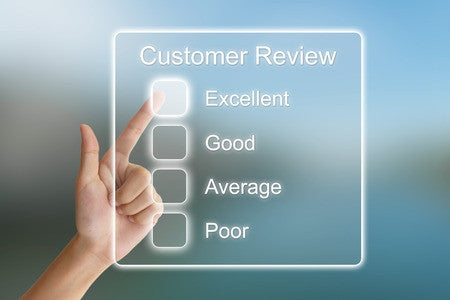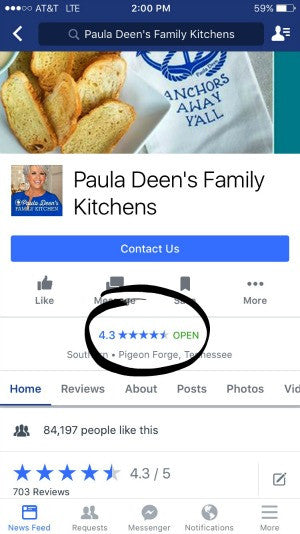4 ways customer reviews can benefit your company
By having an online presence, both small and large companies can build their brand awareness. Maintaining a positive online reputation can drive new leads to your business, but only if you successfully manage what people post online about your company. Your company is vulnerable to the negative reviews people leave about their experiences – with your staff, services or products, so you must be vigilant in managing your online reputation, especially in this technology-driven age.
It is increasingly easy for people to post comments about businesses on the hundreds of public review sites and through social media – tagging the company or using hashtags that sometimes cause a viral effect like what happened to Huggies in 2015. More often than not, a customer with a bad experience will leave a review over someone with a positive experience. Now, more than ever, it’s critical to encourage your customers to leave positive reviews as well as to make amends with the customers who leave negative ones.
The major benefits of encouraging your customers to leave reviews about their experiences are:
- Receive free online advertising. When your customers post online reviews about your company, your brand awareness expands. People who come across those reviews are more aware of what your company sells. When positive reviews outweigh the negative ones, more people are willing to do business with your company.
- Improve your SEO. If several people post reviews about your company, Google takes notice. The search engine giant ranks your company higher in search results, regardless if you’re receiving more positive or negative reviews. However, if a search for your business yields negative reviews, prospective customers may seek service elsewhere. Encourage your happy customers to leave reviews about your company.
- Tackle the negative reviews. It’s important to reach out to customers who leave negative reviews. Apologize for their unsatisfactory experiences and try to make amends. For example, offer them a free service or product the next time they visit your company or give them a discount. When you solve customers’ issues, ask them to consider updating their reviews or to leave more favorable reviews online.
- Form a closer connection with the customer. When a business replies to customers, it sends the message that someone is reading their reviews and is listening to them. You should try to engage with customers who leave positive reviews as well as negative ones. You might not be able to respond to everyone, but a simple thank you can go a long way. When responding to reviews, it is important to personalize your messages to ensure customers know they aren’t reading automated or canned responses.
Managing online reviews can be frustrating and time consuming unless you use online reputation management software. Online reputation management software, like ReviewMaxer, saves you time and energy. It can alert you when someone posts a review about your company, instead of you having to search for reviews yourself. ReviewMaxer makes it easier to respond quickly to negative reviews and engage with the customers who left positive ones, ultimately improving your online reputation.
Photo credit: 123RF Stock Photo
Written by: Paul Cook





